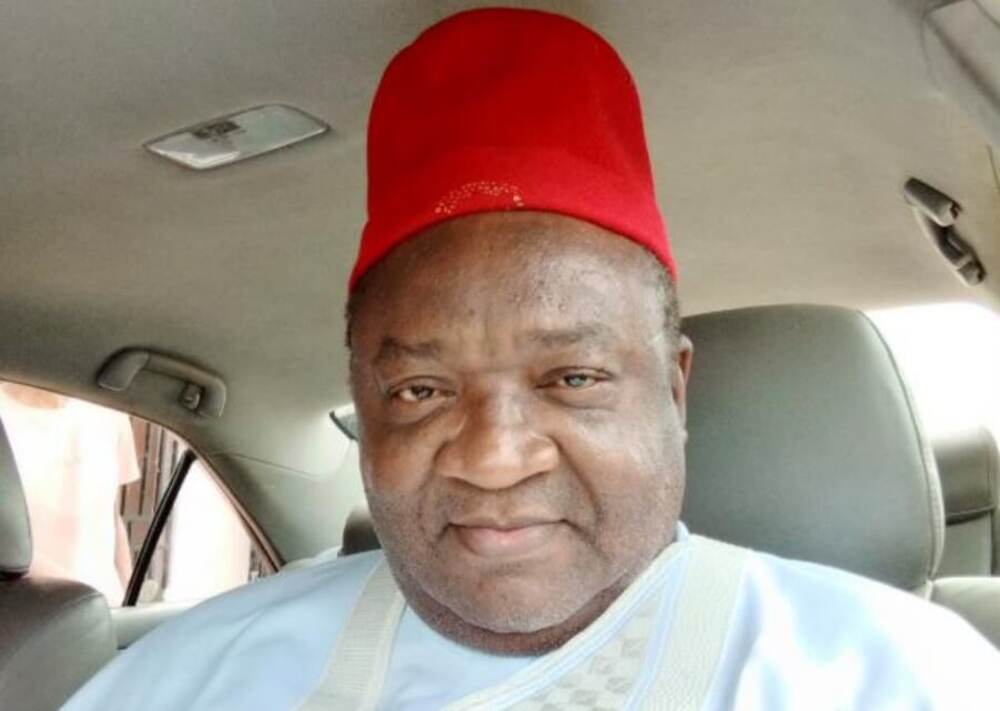Electoral Act: Constitutional Lawyer Wants Distinction Between Pre-Election, Post-Election Matters Scrapped
A constitutional lawyer, Chief Festus Ogwuche, has said that conflicting Court of Appeal decisions on what constitutes pre-election or post-election matters portrays a “failed judicial system.”
The lawyer spoke to THE WHISTLER ahead of the final judgements of the Supreme Court on all pending governorship election appeals.
Advertisement
Recall that the Court of Appeal had sacked Kano State Governor, Abba Yusuf, observing that his name was not on the New Nigeria People’s Party’s membership register.
Justice Moore Admein of the Appeal Court held that “The failure of NNPP to properly sponsor Mr Yusuf according to Section 177 (c) of the constitution is fatal to their case.”
For Plateau governorship election, another appeal court panel held that the Peoples Democratic Party’s failure to obey a subsisting court order on lawful congress meant that the sponsorship of Governor Caleb Mutfwang was null and void.
Moreso, the presiding justice of the three-man panel of the appeal court, Ita George Mbaba, admitted while reading his verdicts on the Sokoto governorship election that there are “conflicting” appellate court judgements on some aspects of the election petition regarding credible evidence tendered at the Tribunal.
Advertisement
Several appeals were dismissed for challenging matters that should originally commence at the Federal High Court or be instituted by a party member.
Ogwuche told THE WHISTLER that justice is served when the courts ensure that the person who is voted into office by the people is the one that prevails at the end of the proceedings, suggesting that judges should discard technicalities in election matters.
He disagreed with the tribunals which, according to him, took decisions on technicalities and discarded all material evidence that witnesses brought and swore on.
“The court is just made up of about 5 to 12 justices. The people who exercise their franchise know the person who won an election.
“So what will be their intention when the matter goes to a court of justice and somebody else who has been adjudged not to be fit by the masses, emerges at the end of the day?
Advertisement
“There should not be any distinction between pre-election or post-election (matter),” Ogwuche said.
According to him, the issue of disqualification is in the Electoral Act as a primary consideration for post-election adjudication.
“Every issue pertaining to the educational qualification, candidature , the appropriateness of a candidate must come to bear in every electoral adjudication conduct without prejudice to the fact that even in situations someone who is not qualified gets elected by the people, the will of the people must always prevail.
“When you begin to see conflicting decisions from different panels on whether a matter is pre-election or post-election, they only create room for a lot of confusion and at the end of the day, no proper election can be conducted,”he said.



